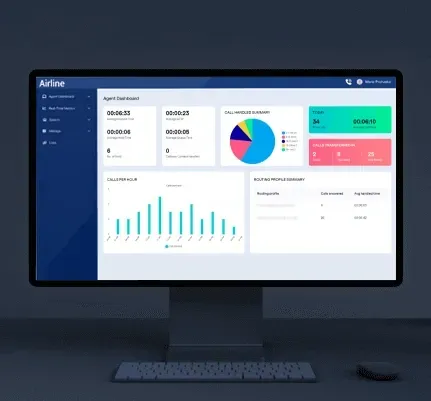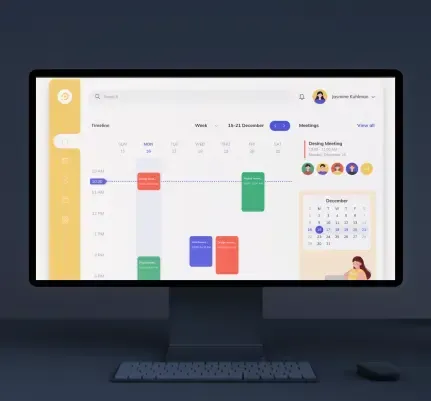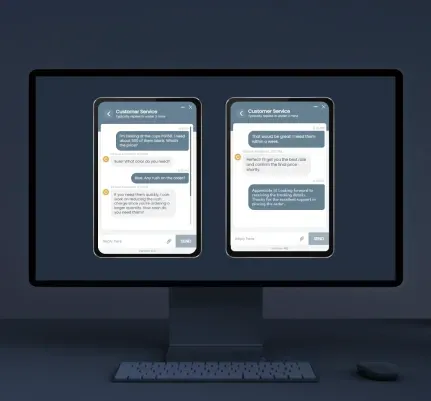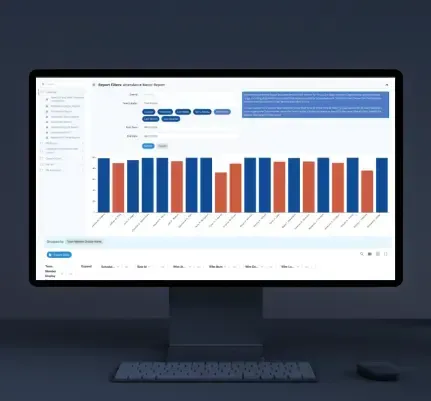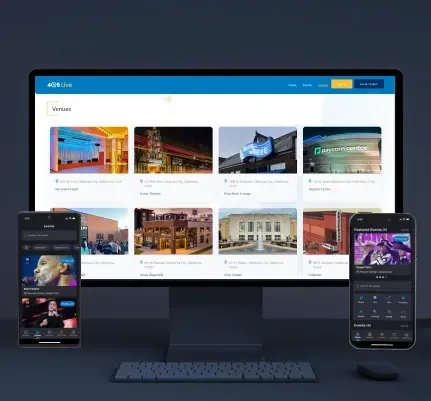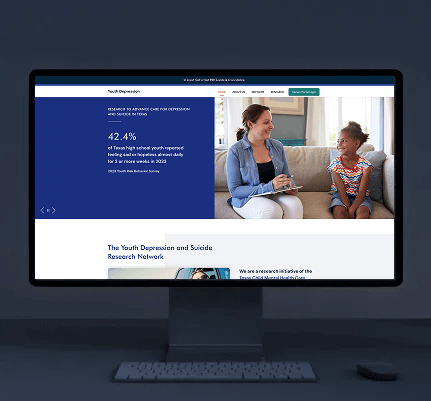AI ChatbotDevelopment Company
We specialize in creating highly intelligent and adaptable AI chatbots with the power to redefine internal and customer interactions for businesses. Whether your goal is to achieve task automation, provide round-the-clock customer support or deliver domain-specific responses to user queries, our chatbots are well-equipped to excel in an array of tasks, serving as a comprehensive solution for your diverse business needs.
Our Comprehensive Range Of Services
Omnichannel Chatbot Deployment
Deploy chatbots seamlessly across multiple platforms, including web, mobile, and social media channels. Ensure consistent, unified customer experiences and communication, no matter where your users interact.
Custom Chatbot Design and Development
Create chatbots designed specifically to meet your unique business needs and align with your brand. Deliver personalized, user-friendly interactions that enhance engagement and satisfaction.
NLP Integration
Integrate advanced Natural Language Processing (NLP) capabilities to enable your chatbot to understand and process user queries accurately. Enhance conversational experiences by making your chatbot more intuitive and context-aware.
AI and Machine Learning Enhancements
Leverage AI and machine learning to create smarter, more adaptive chatbots that improve over time. Provide dynamic, personalized responses to deliver a superior customer experience.
Incorporate Self-Service Automation
Empower your users with self-service capabilities that allow them to resolve issues quickly and efficiently. Reduce dependency on human agents while increasing customer satisfaction and productivity.
Chatbot Analytics and Reporting
Monitor and analyze chatbot performance through advanced reporting tools to gain actionable insights. Continuously optimize chatbot functionality and user interactions to drive better results.
Our ChatbotDevelopment Services
Types of chatbotswe develop
Our chatbot app development service includes building advanced chatbots that can handle tasks, automate business growth, and increase ROI at low maintenance costs. We use machine learning, NLP, speech recognition, text analytics, and automation to provide chatbot development solutions.
Our developers have expertise in the development of the following types of chatbots:
- Menu/button-based chatbots
- Linguistic Based (Rule-Based Chatbots)
- Keyword recognition-based chatbots
- Machine Learning chatbots
- The hybrid model
- Voice bots
Discover latest softwareTechnology Stack
 Amazon Bedrock
Amazon BedrockWhy Choose Chatbot Development Services
Domain Expertise
- We have a team of domain experts with vast experience in capabilities, including cloud services, Al/ML, etc. We ensure to meet clients’ specific needs and provide tailored solutions.
Flexible Engagement Models
- We have a flexible and transparent engagement model that can be customized to clients’ deliverable timelines, providing peace of mind and ensuring project success.
We Help Save Time
- With a dedicated team willing to take over your projects quickly; we can help clients save valuable time and get their chatbot working in the least possible duration.
End-to-End Services
- From conceptualization to deployment and maintenance, we offer comprehensive services to ensure seamless project execution.
Commitment to Quality
- Quality is at the heart of everything we do. We rigorously test our solutions to ensure flawless performance and user satisfaction.
Quick Turnaround Time
- Our efficient development process ensures fast delivery without compromising on quality, helping you launch your solution on time.
Our Engagement ModelsHiring developers
Our engagement models for hiring developers are based on a specification mentioning - the budget, deliverables, and timeline to ensure that all your needs are met within a predetermined timeline.
Monthly Based
Hire staff for up to 160 hours a month
Manage team using your own methodologies
Get real-time updates on project development
Monthly billing cycles
Hourly Based
Pay for the work done in hours
Add or revoke hours based on requirements
Communicate via your own preferred channels
Real-time updates via timesheet
Fixed-Cost Projects
Fix the project cost before hiring remote developers
Hire developers on a long-term basis
Extend your existing team & reduce time to market
Flexibility to change scope at nominal charges

